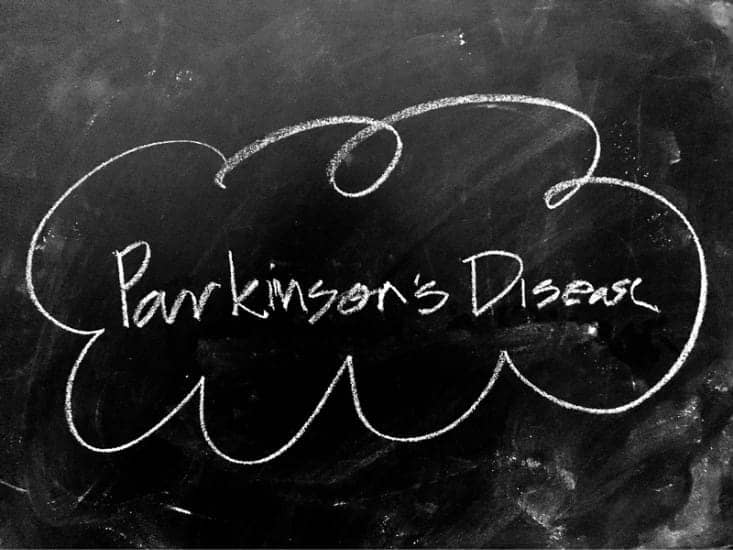Summary:
Cerevance has initiated the Phase 3 ARISE trial to evaluate solengepras, a non-dopaminergic therapy targeting specific brain circuits, as a potential adjunctive treatment for Parkinson’s disease.
Key Takeaways:
- Novel Mechanism: Solengepras aims to modulate movement and non-motor functions by targeting specific brain circuits, avoiding traditional dopamine-based pathways.
- Trial Focus: The ARISE trial, involving approximately 330 participants, will measure reductions in “OFF” time and improvements in motor function, cognition, and quality of life over 12 weeks.
- Unmet Needs: If successful, solengepras could offer a safer, more effective alternative for managing motor complications and non-motor symptoms in Parkinson’s disease.
Cerevance, a clinical-stage biopharmaceutical company advancing multiple cell type-specific therapies for the treatment of neurodegenerative, psychiatric, and central nervous system-controlled metabolic disorders, has dosed the first patient in ARISE, a Phase 3 clinical trial evaluating the efficacy of solengepras as a potential adjunctive treatment for individuals with Parkinson’s disease.
“Parkinson’s disease is the fastest growing neurological disorder globally, highlighting a significant need for more improved and effective therapies,” says Craig Thompson, chief executive officer of Cerevance. “Unlike traditional Parkinson’s treatments that aim to restore dopamine levels, solengepras is designed to selectively target and modulate the specific brain circuits responsible for controlling movement and non-motor functions, without relying directly on dopamine pathways. This novel mechanism of action is designed to reduce motor complications such as dyskinesia and ‘OFF’ periods, which we believe may offer potentially improved tolerability and potential impact on non-motor symptoms for individuals with Parkinson’s disease.”
ARISE is a global, randomized, double-blind, placebo-controlled Phase 3 clinical trial, with a plan to enroll approximately 330 patients with three or more hours of “OFF” time per day. The primary endpoint is the change from baseline in the total daily “OFF” time at Week 12. Secondary endpoints include the change in “ON” time without troublesome dyskinesia, evaluations of motor function and quality of life, as assessed by the Movement Disorder Society-Unified Parkinson’s disease Rating Scale (MDS-UPDRS), the Epworth Sleepiness Scale (ESS), and the use of digital technologies, such as the Cogstate PD Battery (for the evaluation of cognition) and the Modality System (for the evaluation of motor/non-motor impairment). The trial will also evaluate the safety and tolerability of solengepras.
“The initiation of ARISE builds on the encouraging Phase 2 data we have generated and represents an exciting chapter in Cerevance’s journey to address the unmet needs of individuals with Parkinson’s disease,” addesSagar Vaidya, MD, PhD, chief medical officer of Cerevance. “We look forward to advancing solengepras through this pivotal trial and moving closer to potentially bringing a new, non-dopaminergic therapy to the Parkinson’s community.”
For more information on the trial, visit https://arise.clinicalenrollment.com or clinicaltrials.gov (NCT06553027).
Featured image: Dreamstime





